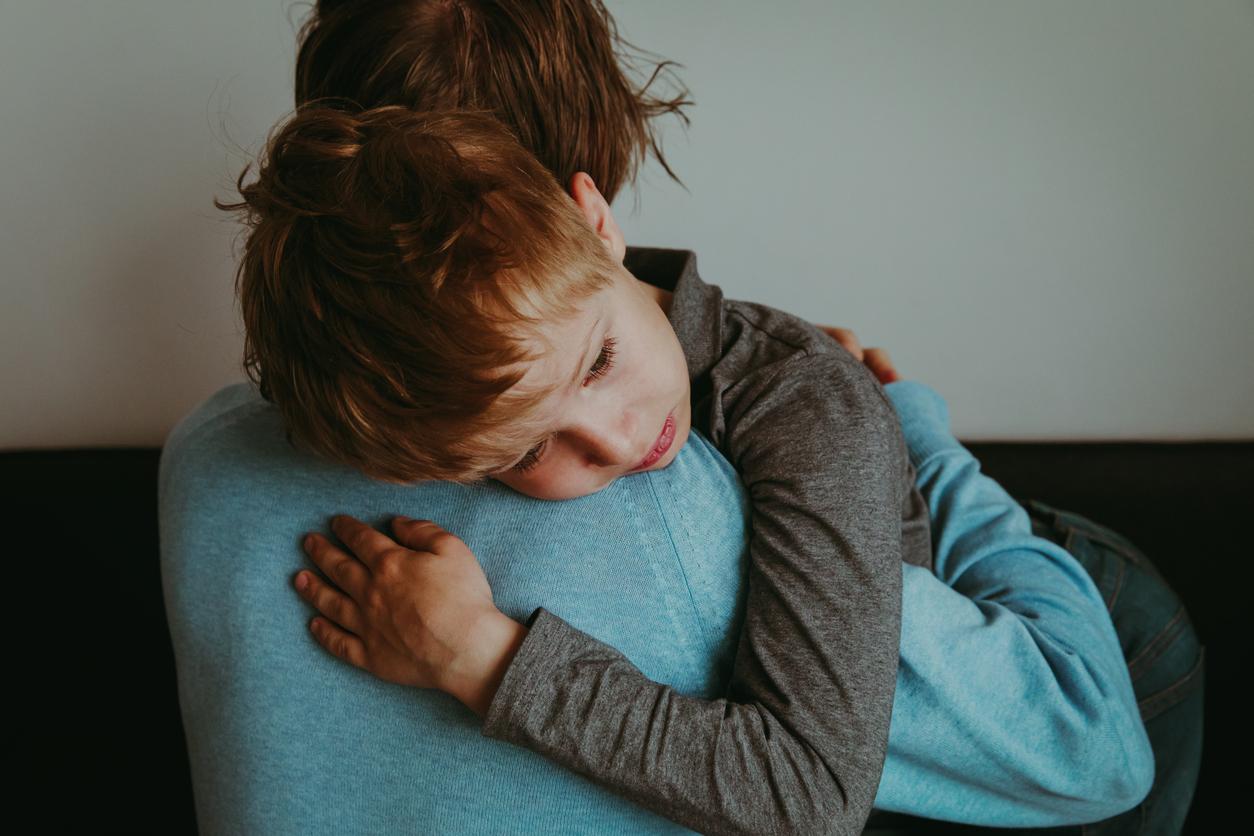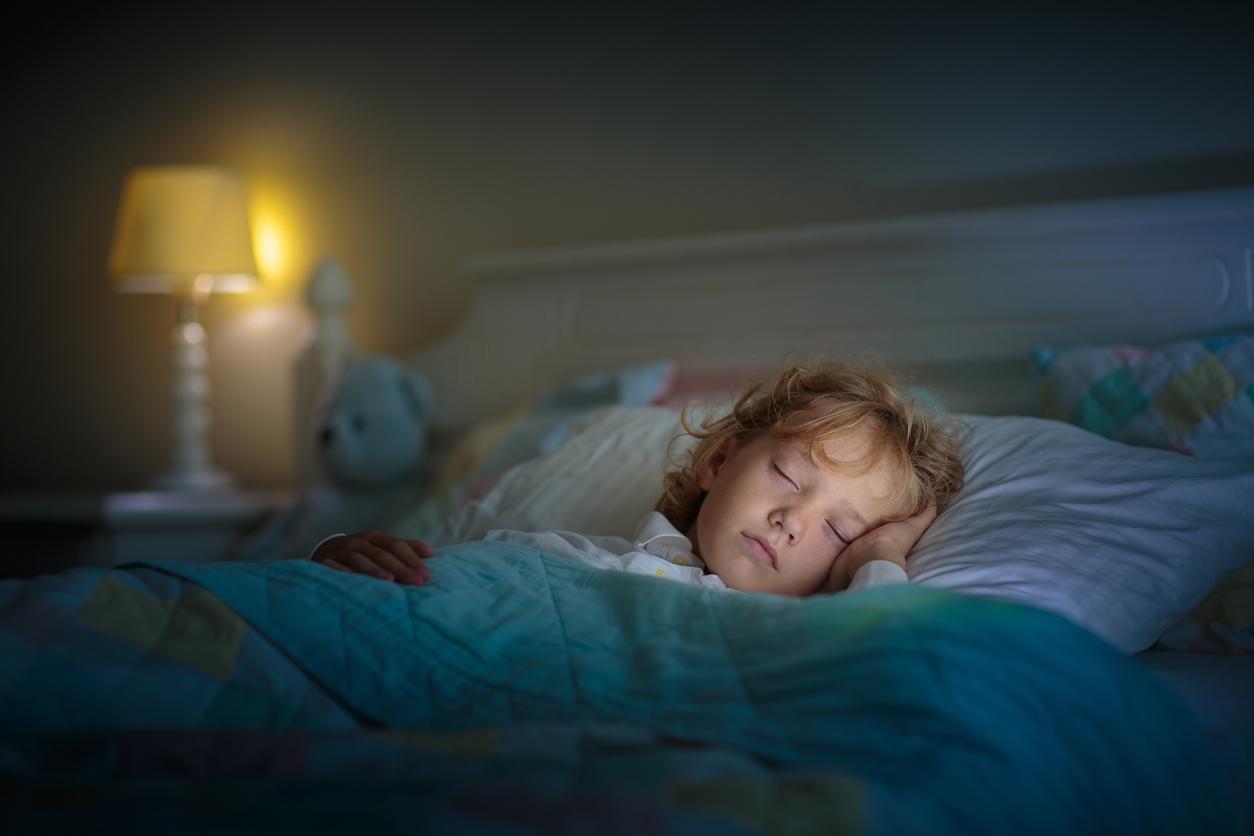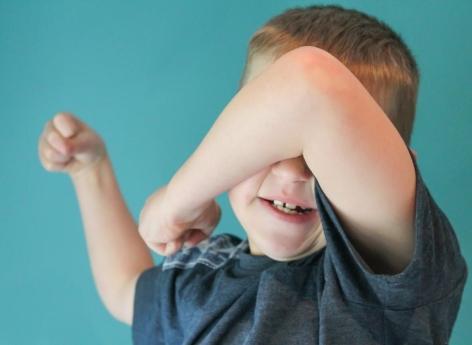Many children are affected by bedwetting, called enuresis. A few tips can help them stay dry all night.

- According to the Health Insurance, about 11% of children aged 5 to 7 years are affected by enuresis, and 2 to 3% of adolescents.
- About 40% to 50% of children with bedwetting have a parent who has had it themselves.
- Generally, a child can hold the night from 5 years.
It is a normal stage in the development of a child, but which can become complicated to manage when it lasts: wetting the bed. Called nocturnal enuresis, this phenomenon corresponds to the inability of a child to refrain from urinating during the night. In the first years of life, the little ones cannot restrain themselves during their sleep, it takes time for them to acquire control of their bladder.
Bedwetting: what is enuresis?
“Nocturnal enuresis, also known as nocturnal incontinence, is the involuntary release of urine during sleep, specifies an article of the Mayo Clinic. (…) Nocturnal enuresis up to 7 years old is common and not a cause for concern. Most children overcome bedwetting on their own by the age of 12.”
This disorder is classified into two categories: primary bedwetting and secondary bedwetting. The first refers to the fact that a child cannot hold himself back at night, the second is a reappearance of the disorder after a long period without wetting the bed (at least six months). Secondary enuresis usually has psychological causes, but it can also be a sign of type 1 diabetes. For primary enuresis, theHealth Insurance cites several explanations: a delay in the maturation process of the bladder, excessive production of urine during the night, a bladder smaller than average, or even genetic factors.
What are the 5 habits to adopt to help the child?
Pediatrician Fnu Manjunatha, of the Mayo Clinic, gives five tips for parents to help them support their child. “Encourage the child to drink plenty of fluids during the day to stay hydrated and reduce thirst at night. recommend this specialist (…). Limit drinks in the two hours before bedtime.
Also, urination should be part of the bedtime routine. The child should be encouraged to go to the bathroom when he begins to get ready for the night, and then just before going to sleep.
It is also recommended to schedule an alarm clock in the night for the child to go to the toilet. For some, this reflex is enough to stay dry throughout the night.
If that’s not enough, pediatrician Fnu Manjunatha provides two more tips. First, the use of a humidity alarm: these are towels, equipped with a battery-powered alarm, capable of detecting humidity, to encourage the child to go to the toilet. “This approach requires time, motivation and patience.warns the health professional. It may take one to three months to see results, but this option is low risk and may be a better long-term solution than medication“These are an option of last resort. Desmopressin should be prescribed by a doctor, and for a short period of time.”This medicine retains water in the body, so that the child’s bladder does not become too full during the night”he explains.
Wetting the bed: behaviors to avoid
Conversely, the pediatrician lists a series of things not to do in case of bedwetting. Do not scold or reprimand the child, because it is not his fault, and it will not help him to have confidence in himself. It is also not recommended to limit liquids all day: they should be reduced only near bedtime. Finally, Fnu Manjunatha recalls that this situation is embarrassing for children, so it is better to avoid broaching the subject with the family, or with relatives. “It doesn’t motivate and can create lasting emotional scars.”, he warns. In the same logic, comparing the children with each other will not help to resolve the situation, because for the child concerned, this generates stress and a drop in self-confidence. Children usually manage to overcome bedwetting on their own, in the meantime, you have to be patient.
















